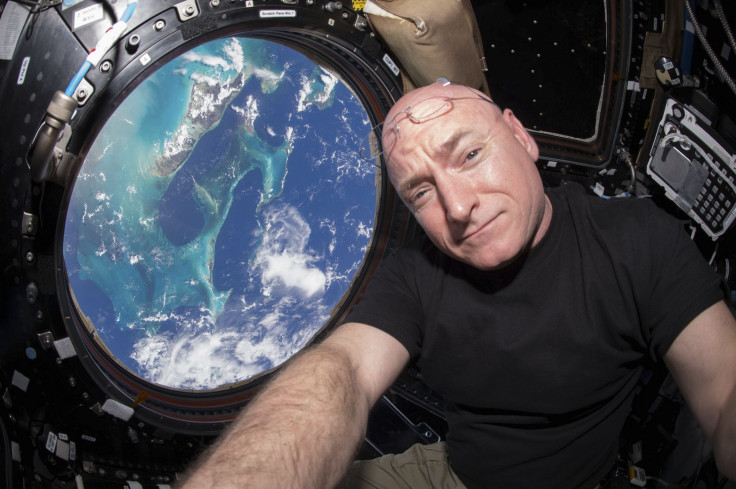Program failures in Europe reportedly delays Trump’s plan to bring astronauts back to the moon

NASA auditors have expressed concerns that its mission to bring astronauts back to the moon would be delayed because of space program failures in Europe. There are reported delays at the European Space Agency (ESA), which is in charge of building the Orion capsule intended for the mission.
Due to the aforementioned delay, NASA may not be able to launch its EM-1 on schedule. Interruptions in the development of the Orion service module was said to be the leading factor in the overall delay. Technical risks associated with changes in the design of Orion’s heat shield are also perceived as hurdles.
According to Daily Caller, NASA is in talks to have the Europe build future capsules. The agency is expected to delay Orion’s first two missions after a tornado damaged the factory producing the Space Launch System (SLS).
NASA originally created 11 months of “schedule reserve” in order to put off delays. However, the agency only has a month of reserve time remaining on some programs, and there may be other issues aside from that.
Dr. Robert Zubrin, who contributed in designing plans for NASA’s manned mission to Mars, said NASA lacks helpful plans for Orion and SLS. He explained through the Daily Caller News Foundation that the SLS and Orion being late were not the problem. “The tragedy is that it doesn’t matter that they are late because NASA currently lacks any plans to employ them for anything useful,” he said.
He added that international partners typically cause schedule delays and also put the blame on how NASA creates new technology. Zubrin said the agency was doing things to spend money instead of spending money in order to do things. If NASA is to complete anything, he said its human spaceflight program should have a “clear and defensible near term goal,” something that should be worthy of the costs and risks of human spaceflight.
Zubrin also slammed US President Donald Trump’s plan to return astronauts to lunar orbit, saying the plan did not have a well-defined goal. NASA originally intended to launch Orion into space around the moon unmanned in late 2018 but the POTUS asked the agency to perform a manned mission, which required additional life support systems, display panels and abort system.
The president has not nominated anyone to head NASA yet. There are reports suggesting Oklahoma Republican Rep. Jim Bridenstine, a former Navy pilot, may get the post.
YouTube/NASA





















